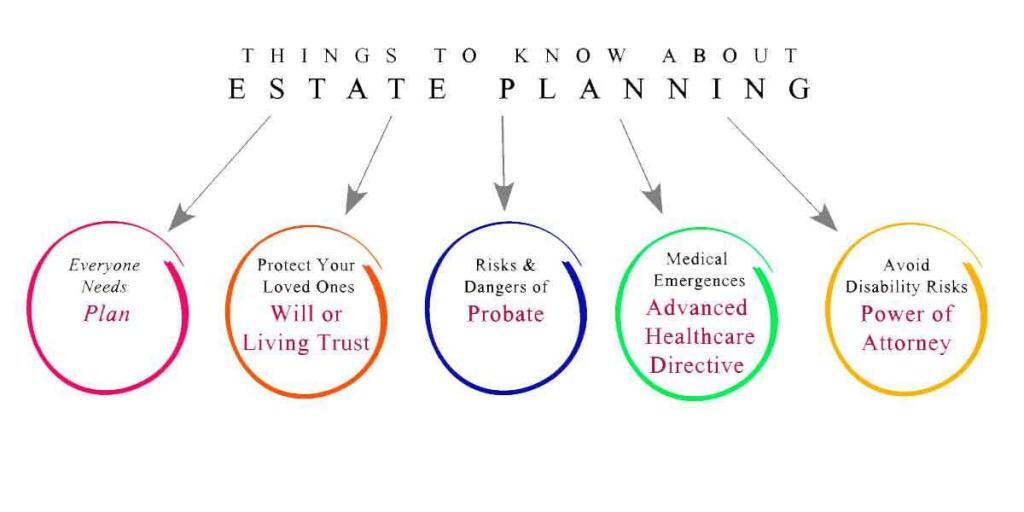NY probate
Probate is the process by which a will is validated in a probate court and its content executed i.e the estate is distributed to the beneficiaries. In the absence of a will, probate will be conducted in New York so long the deceased left estate worth over $30,000 in their name.
Get help probating an estate by hiring a probate attorney NY 10011
Handling probate is hardly ever an easy matter. Given the fact that New York has not adopted the Uniform Probate Code, probate is New York is most often complex, lengthy and expensive. There are so many responsibilities shouldered by the personal representative of the deceased and the eyes of the family are upon him such that it becomes imperative that he seeks professional assistance from an experienced probate attorney. If you have recently found that you are the executor named in the will, or looking forward to being appointed as the estate administrator, then it is important you first familiarize yourself with your responsibilities and how the probate attorney 10011 will assist you.
Responsibilities of the personal representative during probate
Filing the petition
The first task of the executor is to file a petition to the Surrogate’s Court in the same county where the decedent resided and owned estate. The petition is a request to the court to commence probate, and the original will and death certificate of the decedent must be included and submitted to the court. Your probate attorney can help draft the petition and include all important documents to avoid rejection by the court. If a will is absent and you desire to be appointed as the estate administrator, you must also file a petition to the probate court. Your attorney can help with this process.
The court will check the will to determine if it is compliant with New York requirements. If it does, the executor is granted an authorizing document known as letters testamentary. Once this happens then probate has commenced.
Notifying the public
The executor or estate administrator (collectively called a personal representative) then has to notify all the family members of the deceased that probate has begun. This he can do through broadcast messages, mass media, emails, etc. He must also notify all creditors of the estate to come forward with their claims.
Valuating the estate
The personal representative must collect and valuate all assets held in the name of the deceased. These are known as the probate assets. Professional estate appraisal may be required depending on the nature of the estate, and most probate attorneys are proficient in this regard.
A checking account should be opened from which estate funds will be used to settle the estate’s financial obligations. Accurate and transparent record must be kept.
Payment of estate tax, debts and expenses
There are probate court fees, funeral expenses, administration expenses, creditors and estate tax to be paid. Here, the services of the probate attorney are invaluable. He helps in determining legitimate creditors, filling tax return forms accurately and duly to prevent sanctions, and maintaining a clear record which must be presented to the court and family. The presence of a lawyer brings credibility to the table, thus reducing the chances of the executor being falsely accused of mismanagement. Attorney fees are also charged out of the estate purse so the executor needs not worry about the expenses.
Distributing the estate
Once all financial obligations have been settled, the personal representative must submit a record of the expenses to the court and family for validation. Once accepted, the balance of the estate can then be distributed to the beneficiaries according to the will. In the case of intestacy, the estate is distributed according to New York intestacy laws of succession. This law mandates that the first $50,000 of the estate plus half of the remaining assets must go to the surviving spouse. The other half will then go to the children. In the absence of a spouse, the entire estate goes to the children and vice versa. In the absence of either, the entire estate must go to the parents of the deceased or their siblings, or grandchildren, depending on the closest survivor in that order.
Contact the probate attorney 10011
A probate attorney will oversee and guide you through the whole process as elaborated above. He will also get the burden off your shoulders by handling some responsibilities like handling debts and tax, disbursement of the estate, filing necessary paperwork, and representing you during estate litigation. All these and more are what we do. For a seamless probate, kindly put a call through to our NY based law office to speak with a probate attorney 10011.









